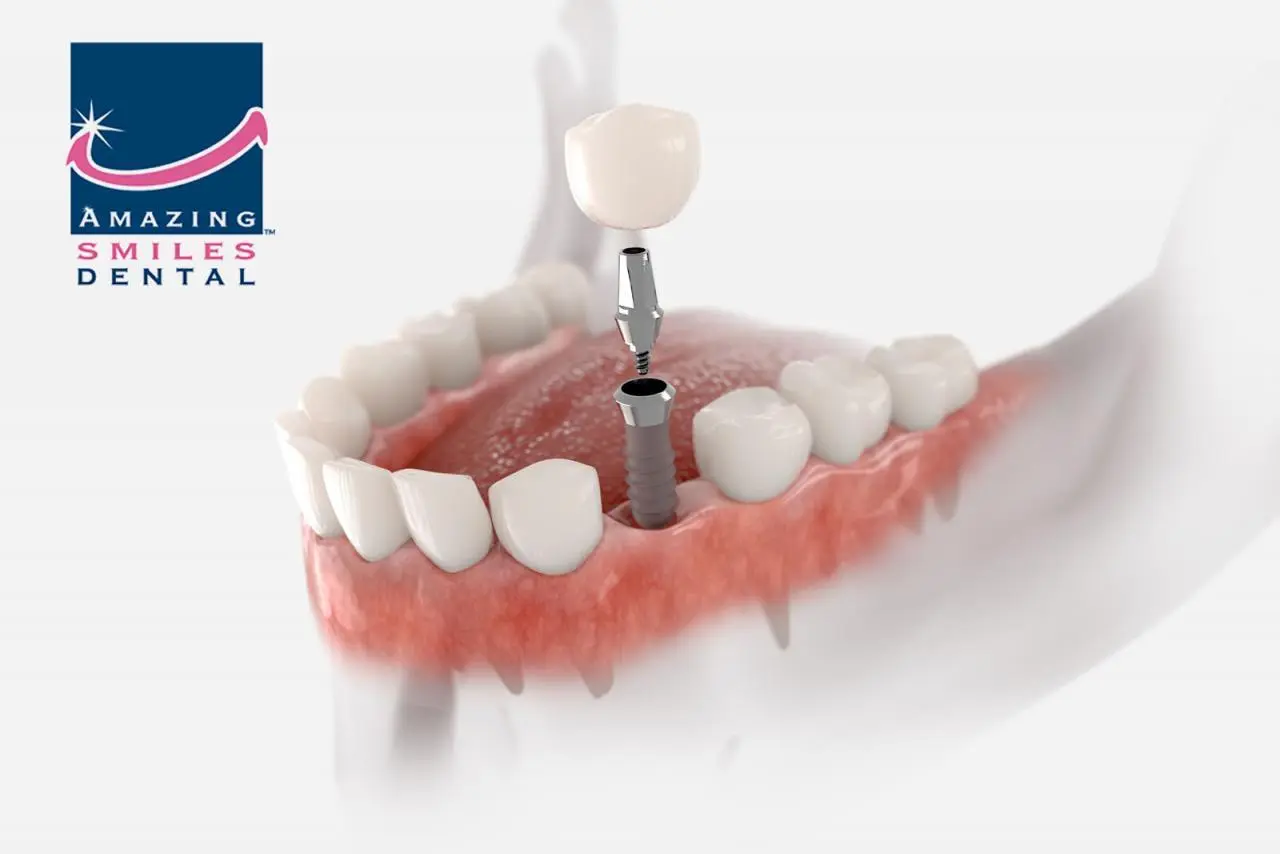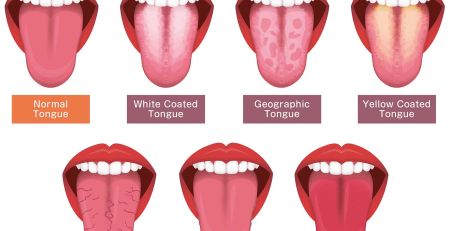Understand the pros and cons of dental implants. Depending upon which tooth is lost, either through a dental extraction or accidental impact, missing teeth can affect your confidence and how you eat.
This is particularly relevant for those with several missing teeth. Because of the empty gap left by a missing tooth, the surrounding teeth may also be susceptible to movement, which can cause shifting and alignment issues due to the lack of support.
Table of Contents
Several dental options are available for replacing missing teeth, including bridges or dentures. However, with innovative technological advancements, dental implants have become an increasingly popular solution.
Why get a dental implant?
Dental implants are a tooth replacement procedure that replaces the root of your tooth with a titanium metal screw post. An abutment is then attached to the post, encapsulated with a porcelain ceramic crown.
Due to the complexities and processes involved, dental implants are regarded as the best form of tooth replacement.
Dental implants are generally recommended for adults since their jawbones have generally fully grown. Patients often require adequate bone growth and bone health.
This helps particularly in the healing stages since implants encourage bone growth to fuse onto the dental implant with appropriate healing.
Several medical health eligibility requirements exist, as dental implants require a surgical procedure. Dentists will discuss confidentiality and whether a patient is suitable for implant treatment.
Patients often get dental implants for;
- Missing teeth
- Cracked or damaged teeth
- Complete wide empty gaps between teeth
- Tooth decay and gum disease
What are the advantages of tooth implants?
Appearance
They have a natural appearance and are unnoticeable amongst neighbouring teeth. Dental implants are surgically anchored into your jawbone. Therefore, they feel just as strong as natural teeth. The visible part of an implant, the crown, is explicitly shaded to match the natural colour of your surrounding teeth.
Better comfort and speech
Often, poorly fitted dentures may slip and move, causing people to slur and mumble words. Because they are fixed into the jawbone, dental implants are more comfortable and durable than other tooth replacement alternatives. This also allows the patient to chew much harder, similar to the feeling of natural teeth.
Easy Maintenance
Caring for an implant is the same as caring for natural teeth. As they are permanent, there is no need for additional removal for cleaning or adjustments, and the permanent tooth replacement procedure poses no risk of dislodging teeth.
Durability
Implants are the most durable form of tooth replacement. They tend to last the longest since they are not removable, so they are less likely to be dropped or misplaced. The post of a dental implant also lasts a lifetime, while the crown or bridge (tooth cap) may need to be replaced every 10-15 years. They’re less likely to require additional future dental procedures. With good oral care and regular dental check-ups, dental implants have a reputation for lasting a lifetime for the patient.
Helps prevent bone Loss or weakening
Tooth loss can often weaken the bone within the empty gap, contributing to decreased structural bone support for adjacent teeth. Dental implants help stimulate bone growth, emulating the root of a natural tooth. As a result, dental implants prevent bone loss from occurring from missing teeth.
What are the disadvantages of dental implants?
Costs
As implants require a surgical procedure, more extensive planning and healing are involved than with other teeth replacement alternatives. Combining extensive study requirements in dental surgery in Australia, surgical guide pre-planning, and fabricating the components of the implant, the total cost of a dental implant procedure might be expensive for some patients. A single tooth implant costs an average $4,500-$5,500, depending on factors specific to the patient’s needs.
Treatment Length
Dental implant treatment can be lengthy, with multiple appointments. Phases include a first consult, pre-surgical digital planning, implant surgery, healing time, and then the fitting of the tooth cap. Depending on healing, the entire treatment can vary between 3 and 5 months.
Infection Risks
Just like any medical procedure, dental implants can pose potential risks. Although complications are rare, gums can become infected after surgery.
Gum Risks
There is a potential risk of damage or injury to the surrounding nerves and gum. Although surgeons aim to provide gentle procedures at all times, nerves are highly complex. Unfortunately, nerve issues can, at times, be unforeseeable by dentists.
Sinus Issues
Some upper jaw dental implants may cause sinus problems, depending on where they are located and the patient’s bone structure. Your dentist will discuss with you thoroughly the sensitivities of operating in such areas.
What are the other options for missing teeth replacement?
Alternatively, if patients do not opt for a dental implant, other options include dentures or a dental bridge.
Dentures are removable and come in various types, such as acrylic, flexible, or chrome. At the same time, a dental bridge is a fixed ceramic crown that covers several missing teeth.
Both alternatives are more cost-effective than dental implants, but vary in costs between the options.
How do you get started with dental implant treatment?
Understanding the processes involved in dental implants allows you to assess whether this treatment method suits you. It also allows you to compare the options for dentures or a dental bridge to help fix missing teeth.
We provide a FREE initial consultation with our teeth implant dentist for proper analysis. This allows us to examine the treatment method that suits you and provide a personalised quote specific to your needs. Dental payment plans are also available.





